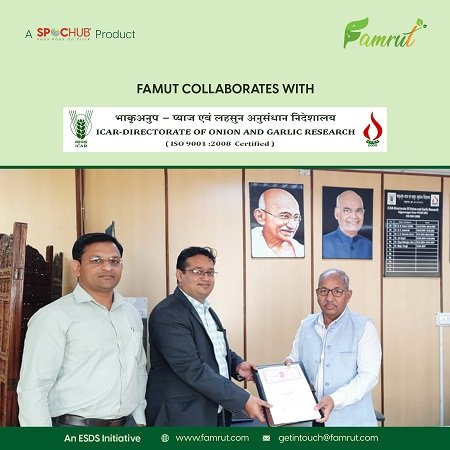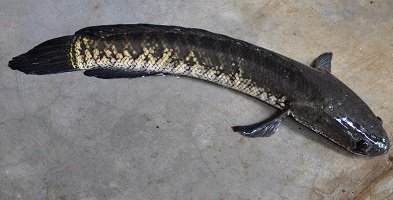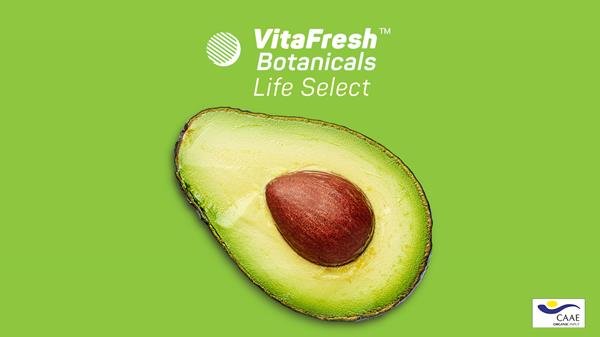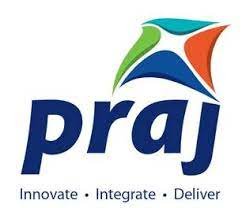The evolving landscape of the agrochemical industry in India
By S.K. Chaudhary, Founder & Director, Safex Chemicals
India’s population stands at a whopping 140 crores, with trends aggressively pointing to a rise. In such a scenario, it is pivotal for the country to be assured that its resources will be enough to fulfil the needs of its people in times to come. While agriculture is vital to create adequate food resources, agrochemicals are a fundamental element of agriculture to guarantee food security for everyone in the time to come.
The demand for food security is at the Centre stage, with a robust agrochemical industry being its backbone. To guarantee the same and meet its rising needs, the agrochemical industry in India was valued at a massive $4.5 billion in the year 2020. The industry is now expected to grow at a Compounded Annual Growth Rate (CAGR) of 8.6 per cent between 2021 to 2026 and is projected to culminate to a value of almost $7.4 billion by 2026. While India is currently food-sufficient, challenges like constant population growth and severe climate change threaten India’s current food security status.
The case of the Indian agrochemical industry
All the chemicals used to enhance crop yields like pesticides and fertilizers are known as agrochemicals. These also include insecticides, herbicides and fungicides that protect the crops from the severe risk of attack from insects and animals. In addition, we also have soil conditioners, which work by enhancing the overall soil fertility. It may surprise you that India alone is the fourth-largest producer of agrochemicals worldwide after the USA, Japan, and China. But the value of domestic consumption of agrochemicals in India is only $2.72 billion, while products worth $3 billion are exported globally. Witnessing the rising demand for food and constant population growth, agrochemicals today are the most practical method for improving crop yields and meeting the increasing demand for food worldwide. They are widely used in fields to protect crops and maximise output.
There are many statements claiming the dangers of agrochemical use. However, they are not entirely true. While all agrochemicals go through extensive toxicity tests prior to their use, modern technologies and newer chemistries in their manufacturing have curbed environmental impact to a great extent. Agrochemicals are highly diluted, sufficient for tiny pests but not harmful to humans. Lastly, crops break down and synthesise the chemicals, which remain in their system only for a short time. Therefore, the claims that all modern agrochemicals are dangerous for humans, and the environment are often untrue and sometimes falsely magnified.
The globalisation of the agrochemical industry
Globalisation has been a game-changer for the agricultural industry, wherein growth has been rapid. As per estimates by the Food and Agriculture Organization (FAO) of the United Nations, a few decades ago, growth in agriculture was roughly 3 per cent, which has transitioned to almost 6% now. Globalisation has opened several avenues from technology exchange to international trade, further offering an enhanced knowledge base, better know-how on crop production, and newer methods for boosting yields.
Doors have opened for agriculture and its complementary support arm — the agrochemical industry, which has followed the lead to derive benefits from this cause. Today, enhanced investments in agricultural infrastructure, the opening of free trade between economies and facilitating private sector activity in the agrochemical industry have led to its time in the sun. Globalisation has made farming a more formal profession in India. Farmers today are more conscious about their agricultural efforts to generate ample income while meeting consumer demands. The agrochemical industry has been ensuring this aspect sustainably by supporting the production of the most excellent yields from the farmer’s cultivated land.
Future ahead
As the population increases, the demand for food products will also rise. However, the landmass available for agriculture is gradually shrinking due to the heightened effect of urbanisation. This will provide an impetus for the farmers to use different agrochemicals to increase land productivity, maintain soil health and enhance yields. Post advancements in know-how being offered by globalisation and the integration of agrochemicals into farming practices is clearly the safest and most practical option to support the overall food security and propel the industry’s growth rate in India
By S.K. Chaudhary, Founder & Director, Safex














